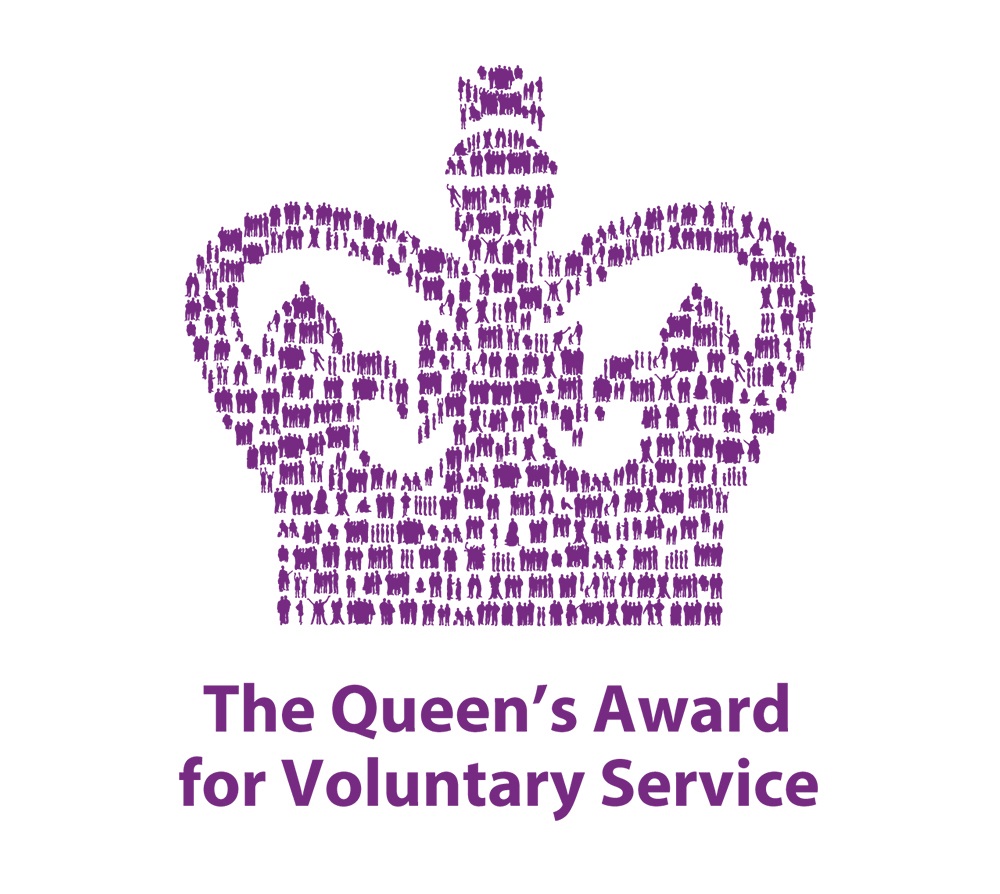Hospital-based support
Youth support workers bringing a voice of hope to people aged 10-25 attending A&E because of self-harm, a suicide attempt, or an emotional crisis.
Our hospital-based support is for young people aged 10-25, who find themselves in A&E because they are struggling with self-harm, are feeling suicidal or experiencing an emotional crisis.
This support may look like playing a simple game, doing some colouring, or having an open-ended chat to make a dark time feel a little brighter. It’s totally up to the young person whether or not they’d like a member of our team to spend time with them.
This support is non-clinical and does not replace the support of the NHS or any other service. Our purpose is to provide time during young people’s admission at hospital, where we relieve, listen, encourage, and advocate.
We reliably see a marked reduction in young people’s levels of distress after our hospital-based support…
We ask young people to rate their emotional temperature at the start and end of our time with them in hospital, with 10 being ‘HELP!’ and 1 being ‘things are cool’. On average, young people’s emotional temperature reduces from an 8 down to a 4.
Learn more about our support…
Before we see a young person, we provide them with the following information about who we are and how we use their data before we see them…



